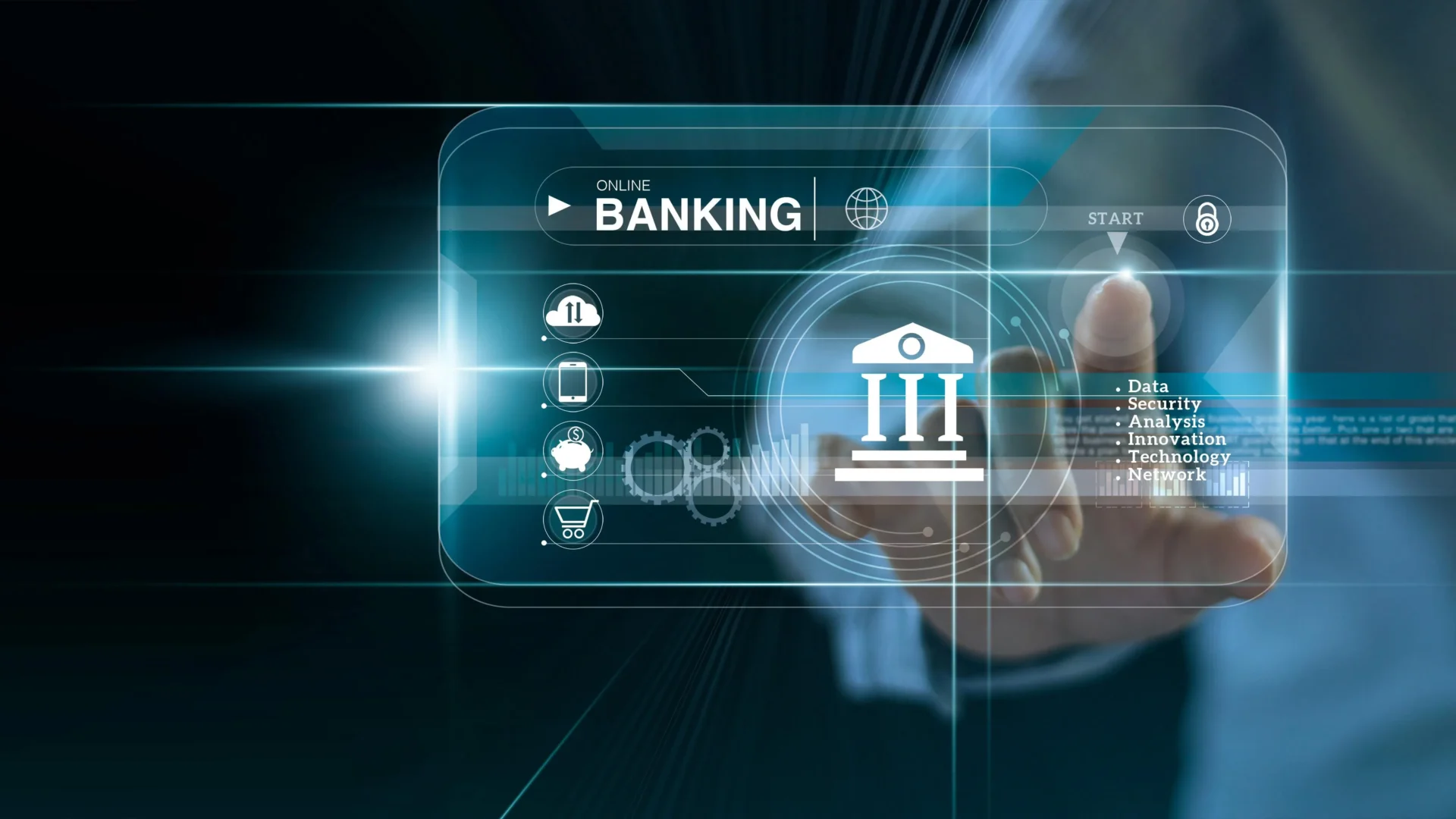BSP Plans to Introduce a Digital Version of Central Bank Currency
The Bangko Sentral ng Pilipinas (BSP), the central bank of the Philippines, intends to introduce a digital version of central bank currency (CBDC) within the next two years. The CBDC will be operated by banks as part of the wholesale payment system.
No Use of Blockchain Technology
Unlike some other countries such as Sweden and China, BSP will not be utilizing blockchain technology for the implementation of CBDC. Instead, the central bank plans to employ a private payment and settlement system that will be controlled by BSP.
The Role of Banks in CBDC Infrastructure
Banks will be involved in the CBDC infrastructure and will serve as intermediaries, allowing retail customers to make payments. BSP aims to leverage the existing banking infrastructure to effectively implement CBDC.
Project Inspired by Models in Sweden and China
BSP’s CBDC project is inspired by the CBDC models currently implemented in Sweden and China. Both the Swedish Riksbank and the Chinese central bank have already introduced operational CBDC models.
Progress in CBDC Implementation within Two Years
BSP plans to make significant progress in CBDC implementation within the next two years. This provides the Philippines with the opportunity to use digital currency in daily transactions, as well as potentially enhance the accessibility and efficiency of the payment system in the country.
Compliance with Securities and Exchange Commission Regulations
BSP’s approach to CBDC is in line with the regulations of the Securities and Exchange Commission (SEC) of the Philippines concerning cryptocurrencies. The central bank is collaborating with the SEC to ensure that the implementation of CBDC complies with the applicable laws and regulations.
The introduction of a digital version of central bank currency by BSP can contribute to the improvement of the payment system in the Philippines and impact the country’s economic development. CBDC can bring benefits in the form of faster and more efficient transactions, as well as increase access to finance for individuals who do not have traditional bank accounts.







